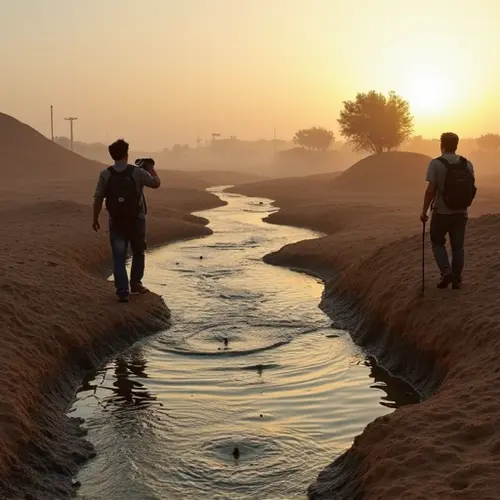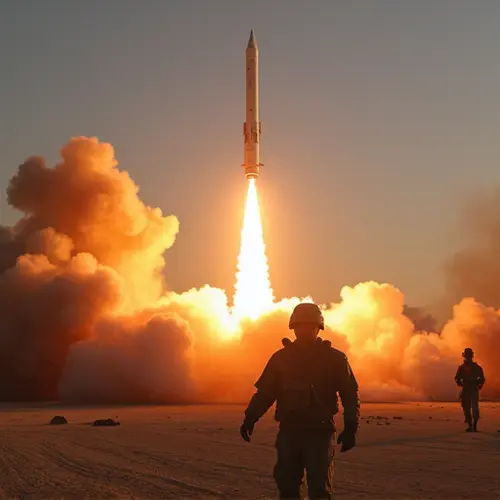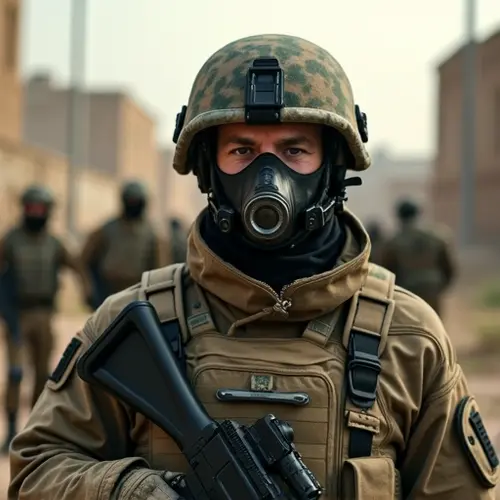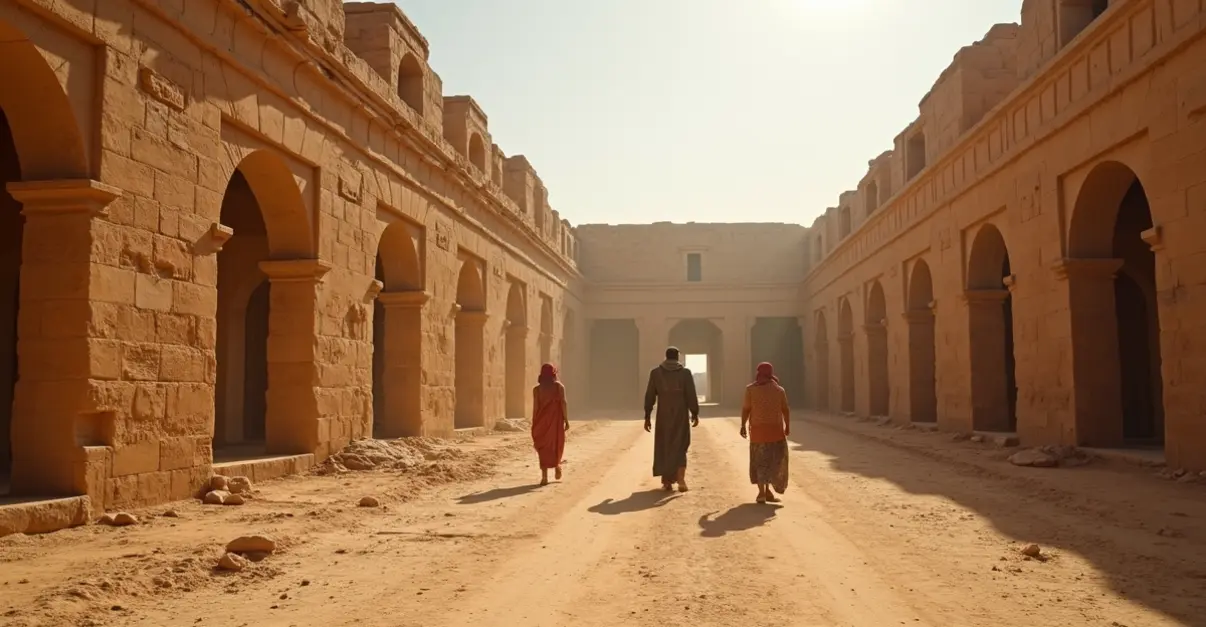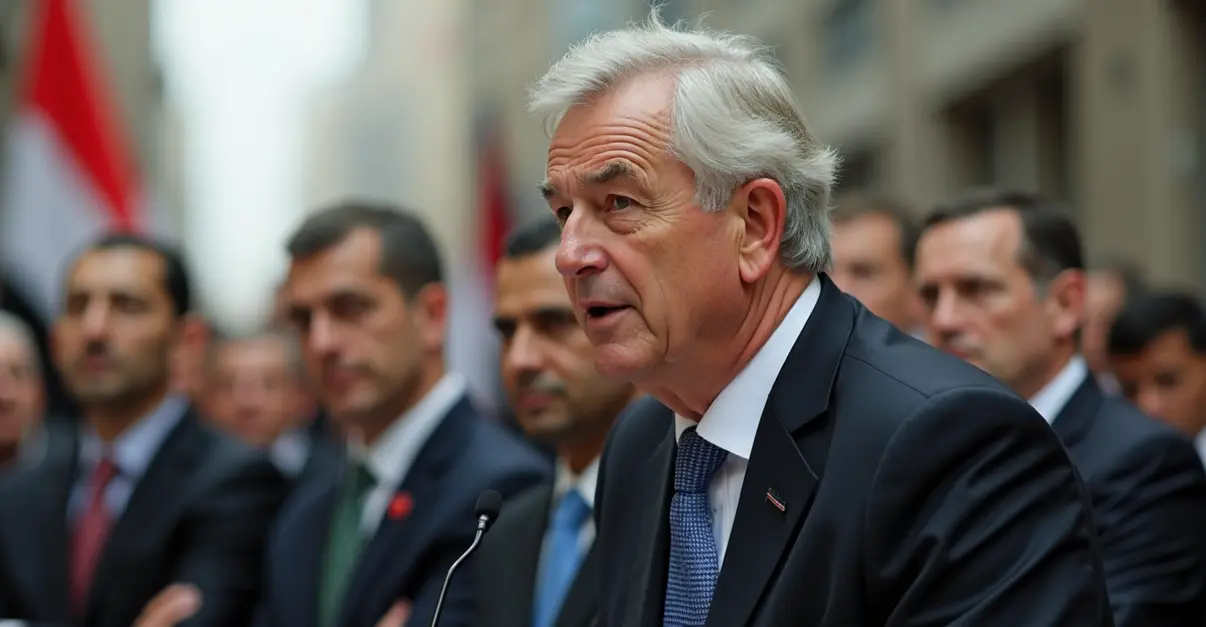Iraq holds parliamentary elections amid US-Iran influence struggle, with record low turnout expected due to voter disillusionment, unemployment, and Sadrist boycott.
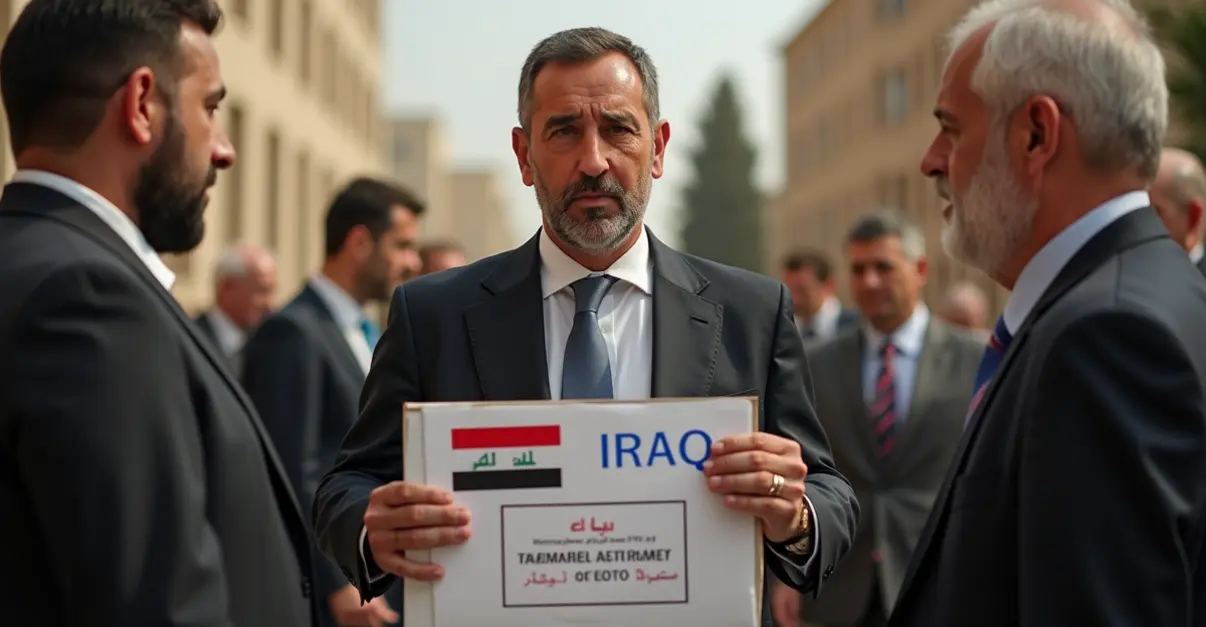
Iraq's Critical Parliamentary Elections
Iraqis headed to the polls on November 11, 2025, to elect a new 329-member parliament in elections that highlight the country's delicate balancing act between American and Iranian influence. With over 7,700 candidates competing across 18 constituencies, the vote represents a crucial test for Iraq's fragile democracy 22 years after the US-led invasion that toppled Saddam Hussein.
Record Low Voter Turnout Expected
Early reports from polling stations indicate voter turnout may hit a historic low, with analysts predicting it won't exceed 41 percent. 'The political disillusionment is palpable,' said political analyst Ahmed al-Rubaie. 'Many Iraqis feel their votes don't translate into meaningful change.' Only 21.4 million of the 32 million eligible voters updated their registration and received voting cards, reflecting widespread voter apathy.
The low participation stems from multiple factors, including high unemployment rates exceeding 14 percent overall and reaching 25 percent among youth. Corruption and failing public services, particularly electricity shortages despite Iraq's oil wealth, have further eroded public trust. 'We have oil wealth but no reliable electricity - what's the point of voting?' asked Baghdad resident Fatima Hassan.
Sadrist Boycott and Political Fragmentation
The elections are marked by the absence of the influential Sadrist Movement, led by cleric Muqtada al-Sadr, who announced a boycott in July 2025 following failed government negotiations in 2021. The boycott means hundreds of thousands of his supporters will not participate, potentially affecting the legitimacy of the results.
Iraq's political landscape remains deeply fragmented, with government positions distributed among Shia, Sunni, Kurdish, Christian, and other ethnic and religious groups through the muhasasa system. 'The system ensures representation but creates perpetual gridlock,' explained University of Baghdad political science professor Layla al-Mansouri.
US-Iran Influence Battle
The elections occur against the backdrop of an ongoing power struggle between the United States and Iran for influence in Iraq. Since the 2003 invasion, dozens of Shia militias supported by Iran have formed, with several now represented in politics and having helped bring current Prime Minister Mohammed Shia al-Sudani to power.
The United States has been pressing the Iraqi government to curb the influence of Iran-linked militias, which have repeatedly attacked American military bases in recent years. 'Iraq finds itself caught between two powerful allies with competing interests,' noted Middle East analyst John Smith from the Atlantic Council.
Al-Sudani's Uncertain Future
Prime Minister al-Sudani, who leads the Reconstruction and Development Coalition, is seeking a second term but faces an uncertain path. Only one Iraqi prime minister, Nouri al-Maliki, has served more than one term since 2003. While al-Sudani's bloc is expected to win the most seats, particularly with al-Sadr's absence, he's unlikely to secure a majority.
This likely means months of negotiations between various parties over government positions and the premiership. 'The real election happens after the voting, in the backroom deals,' said political commentator Omar al-Jabouri.
Security Concerns and Advanced Voting
Security remains a major concern, though political violence has decreased compared to previous elections. Police officers voted on November 9 to free them for election day security duties. While one candidate was murdered during the campaign period, the level of violence is significantly lower than in past elections that saw candidates assassinated and polling stations attacked.
The election uses a proportional representation system with seats allocated using the modified Webster/Sainte-Laguë method, reintroduced after the 2021 elections used single non-transferable vote. Nine seats are reserved for minority groups including Christians, Yazidis, Shabaks, Mandaeans, and Feyli Kurds.

 Nederlands
Nederlands
 English
English
 Deutsch
Deutsch
 Français
Français
 Español
Español
 Português
Português




